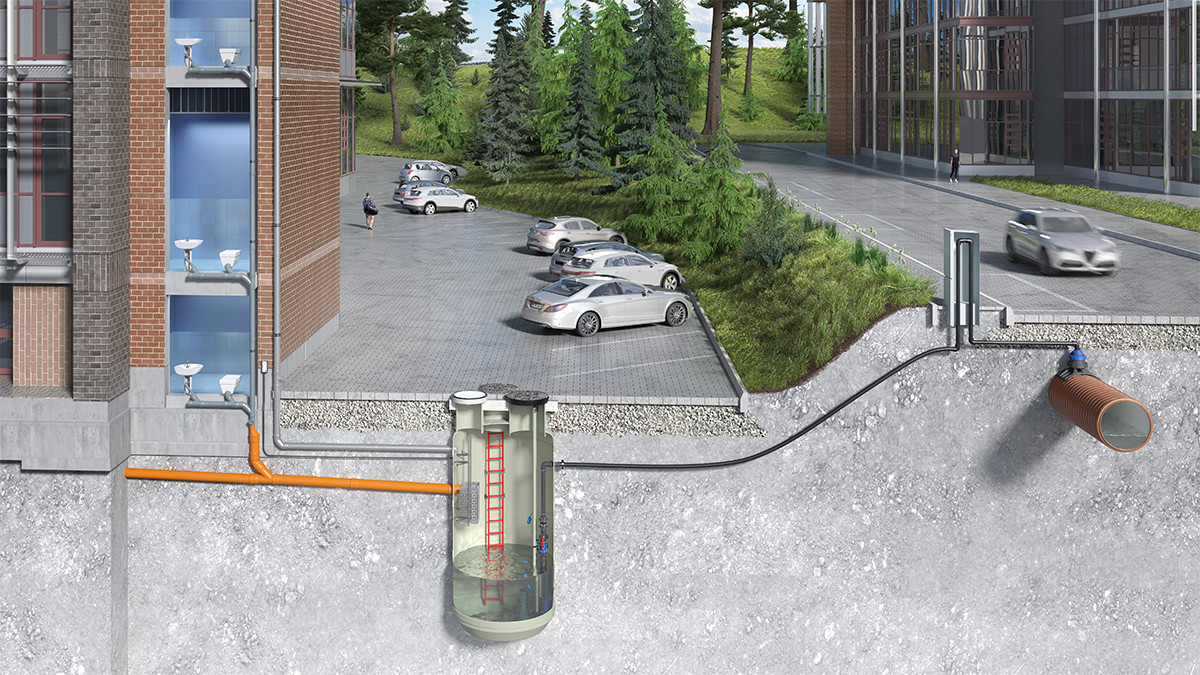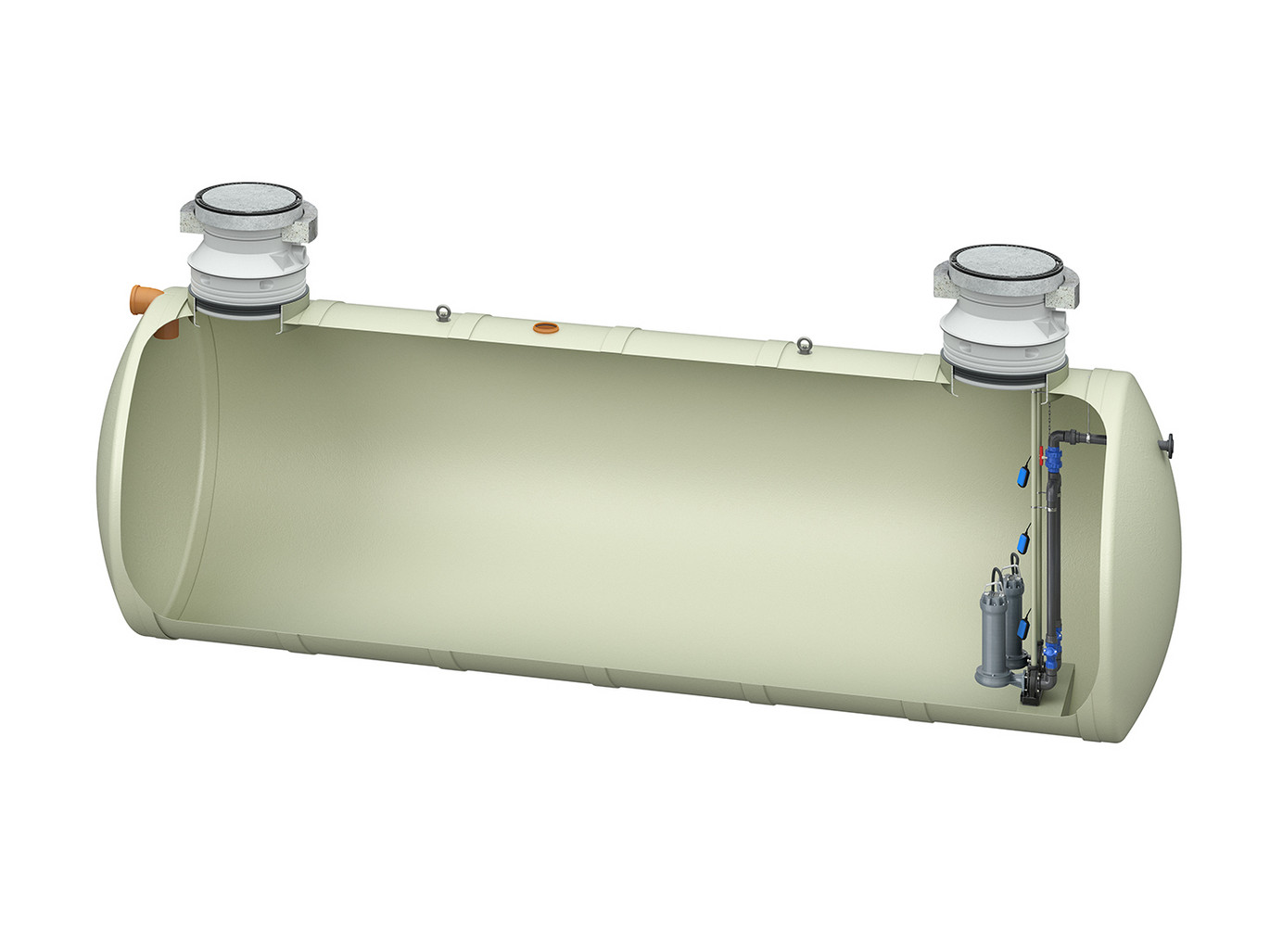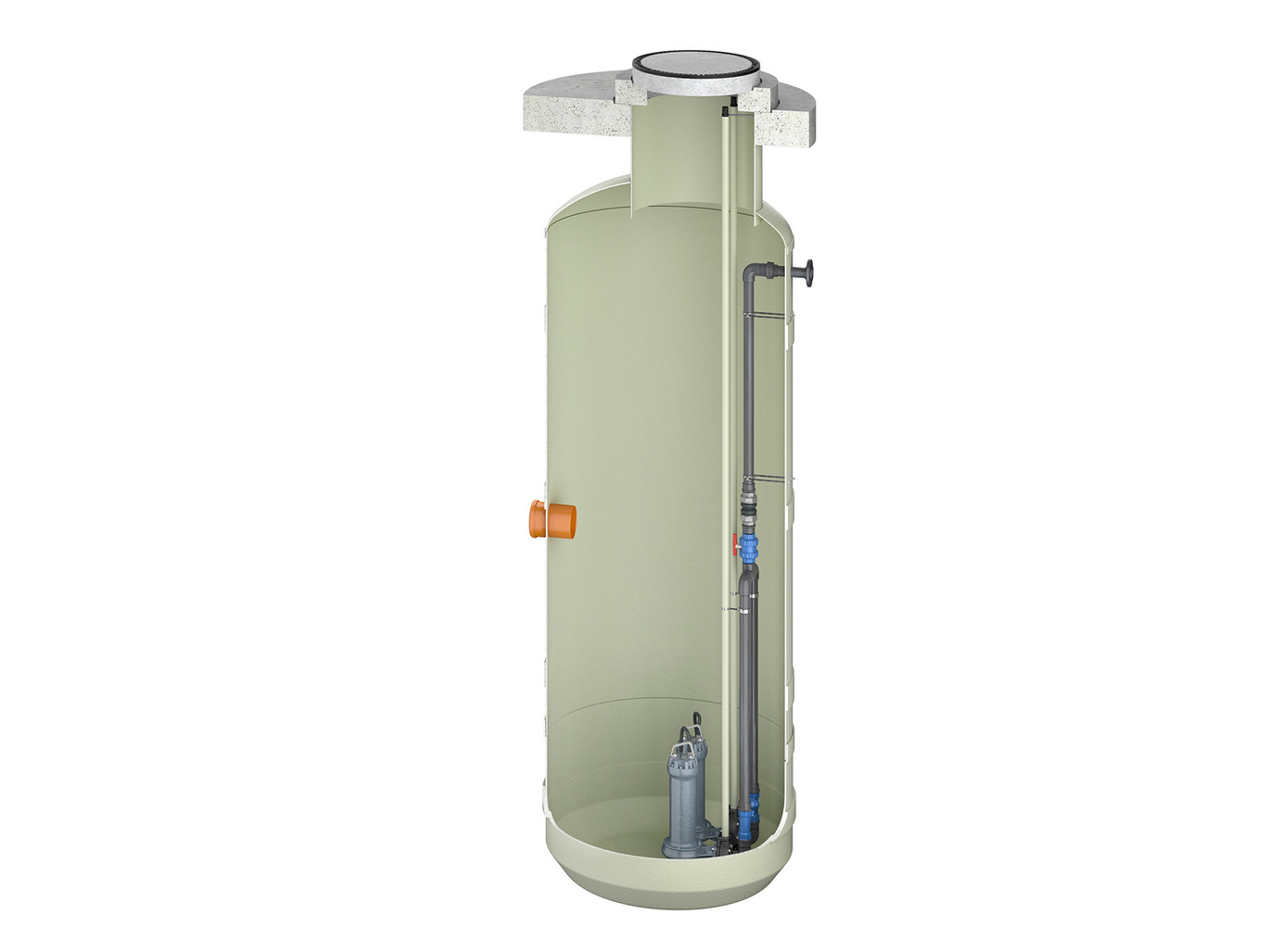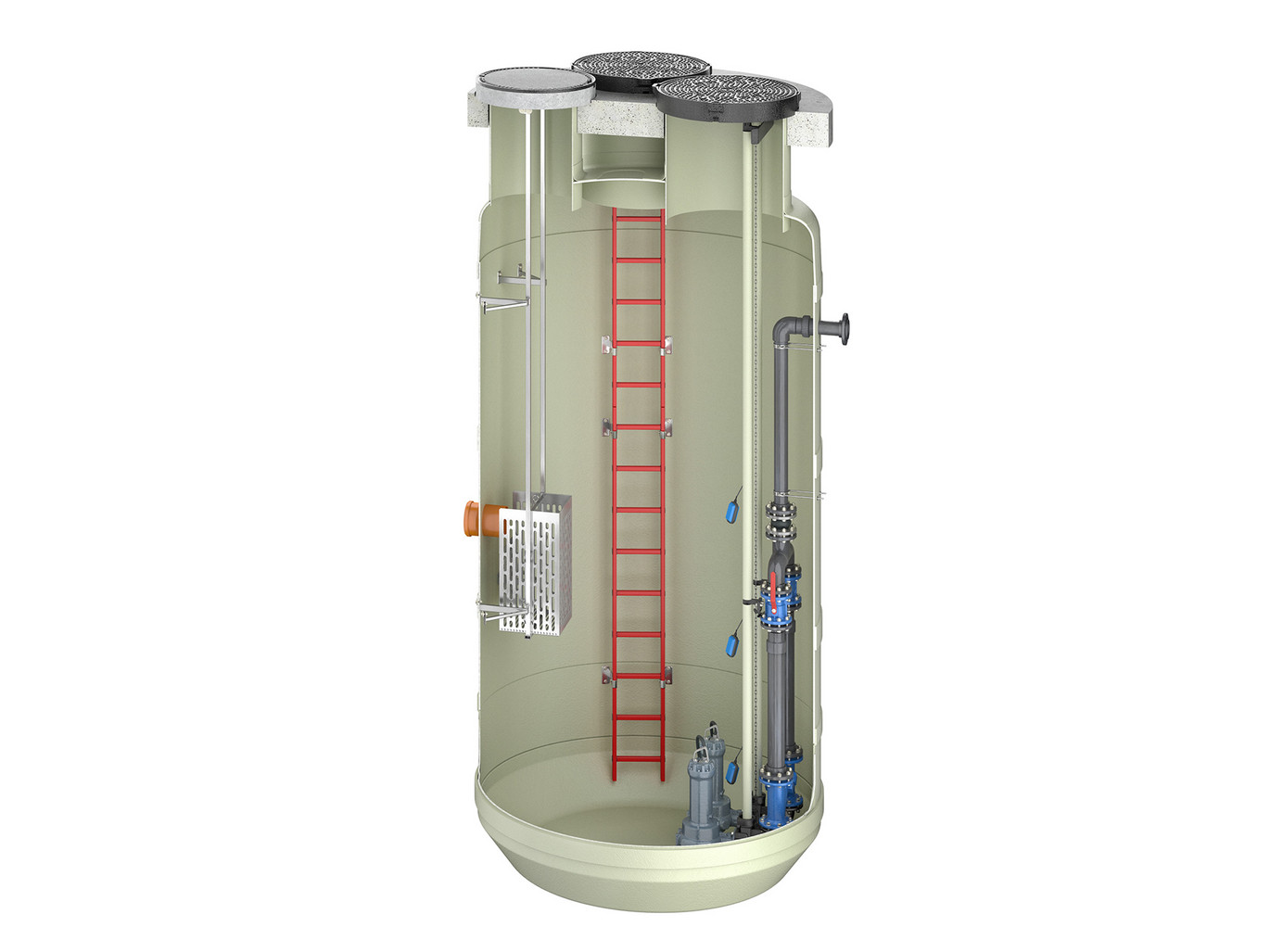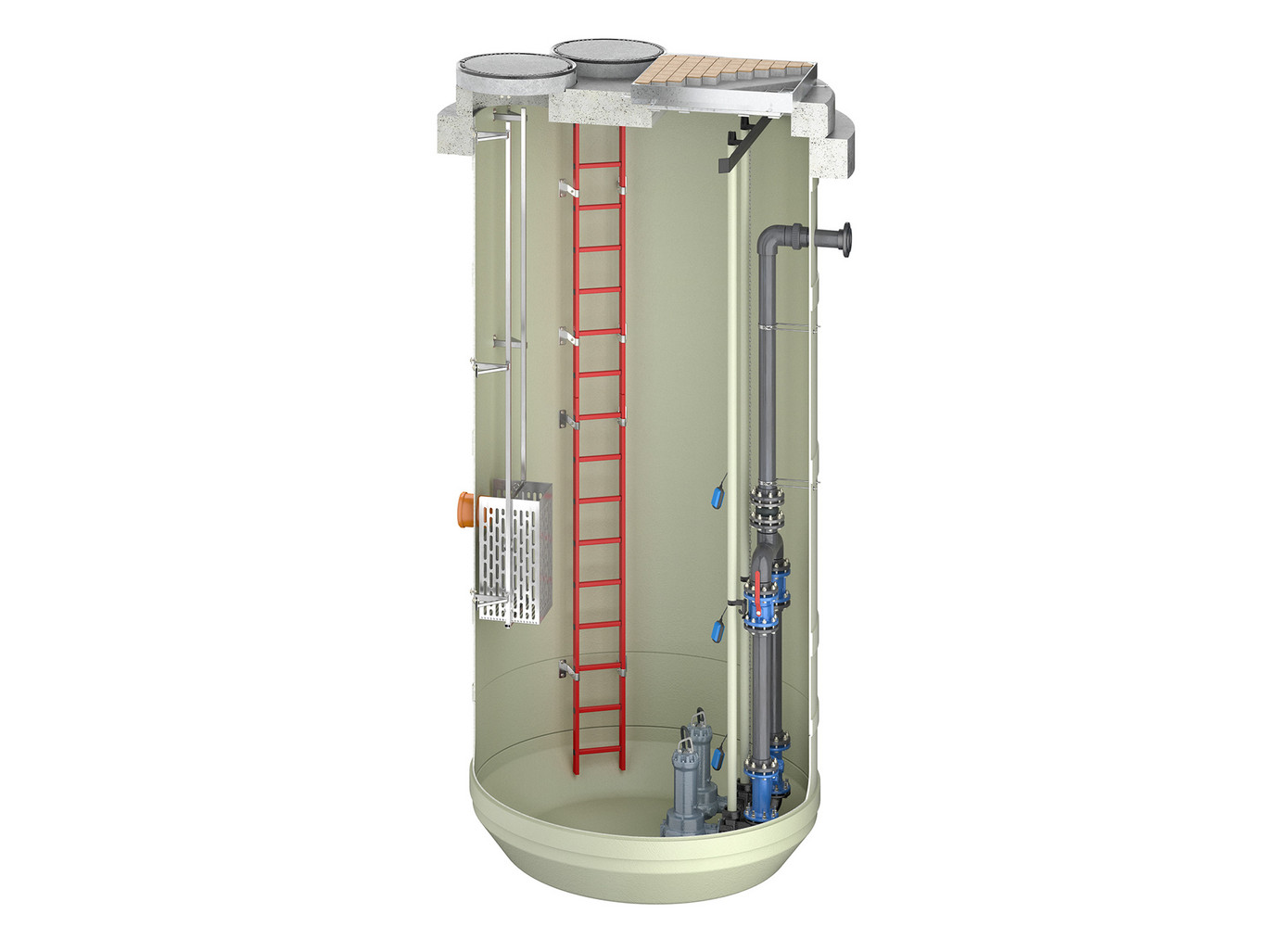Contemporary stormwater systems are innovatively designed not just for the effective conveyance od excess stormwater to avert flooding but also for the enhancement of water reuse.
It is crafted to bolster water reuse strategies, enabling the repurposing of collected rainwater for non-potable uses such as flushing toilets, irrigating landscapes, and supporting various industrial processes. A modular approach in these systems permits precise customizations to accommodate specific requirements for water accumulation, controlled release and subsequent reuse.
Such modularity in design ensures that solutions for stormwater management can be efficiently configured to collect and hold stormwater, which, after suitable treatment, can be reused. This flexibility guarantees that stormwater systems can adapt to diverse urban settings and service demands, ranging from residential communities to expansive urban projects.
Incorporating mechanisms for water storage-controlled release, and reuse within a singular, streamlined stormwater management system yields numerous advantages. This synergy simplifies the installation, diminishes the necessity to elaborate infrastructural overhauls, and is cost-effective in the long run.
The adoption of stormwater management systems is instrumental for municipalities and developers in fostering sustainable water management practices. Commitment to these advanced systems is a strategic investment in urban water management´s future, ensuring resilience, environmental compatibility, and enduring functionality.
